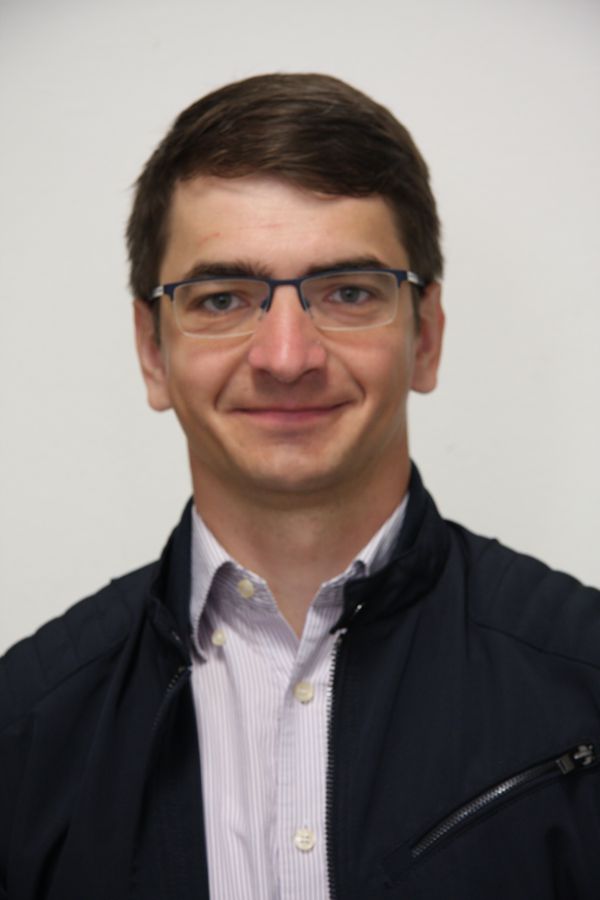Előadás: Was there a Hungarian-based Austrian School?
In the history of economic thought, we recognize the Austrian school. While Austria today is a rather small country, there was a huge monarchy called Austria-Hungary, the second largest in Europe, at the time Austrian economics was thriving there. A question naturally arises, was there a Hungarian branch of the Austrian school?
on 16 October 2023, 12:15, BME building "E" 612, Egry J u 1. Budapest, H-1111

Tomáš Krištofóry (*1983 in Spišská Nová Ves) is a Ph.D. student of cultural economics at Erasmus University Rotterdam. He holds a MA in economics from the University of Economics in Prague (2009), where he taught for three years courses in economics, history of economic thought and in political philosophy (2009-2012). He also taught for four years economics at Mendel University Brno (2012-2016) and a year at American University in Bulgaria, Blagoevgrad (2018). He had research stays - six months at the Hegel Archiv in Bochum (2012), a month at the Hoover Institution Archive in Stanford (2015), and he was repeatedly a guest and an archivist at the Duke University’s Center for the History of Political Economy (2017, 2018). In 2018 and 2020, he was a recipient of the Mercatus Center’s Adam Smith Fellowship. He is a member of Slovak Economic Association, Czech Economic Association and a young affiliate at NOUS - Network for Constitutional Economics and Social Philosophy (Germany). Since 2018, he has worked for the government in Bratislava, since 2021 as an analyst at the Ministry of Finance. His scholarly passion is devoted to the history of economic thought and to the history of philosophy. He is focusing on economics as a social science in East-Central Europe, ranging from 18th century Northern Germany to contemporary economics in Prague and Budapest.
Tomáš Krištofóry believes the history of economic thought has the potential of bringing consolation to this region. Once, during the Methodenstreit, it was a battleground of ideas, but later on, in the 20th century, it became a real battleground, parted for forty years by the Iron Curtain. He believes we need to draw from the prewar economics. He wonders how this region contributed to economics and, conversely, how the history of economics can contribute to rejuvenating the civilization in that region. His research has been published in the History of Economic Ideas and Austriaca. As a part of a larger research project surveying forgotten Austrian or semi-Austrian economists in the V4 countries, he has written 13 biographical entries for the Biographical encyclopaedia of Lawyers in Czech History (Forthcoming, Masaryk University press), including entries on Hans Grossmann-Doerth, Alexander Mahr, Hugo Müller, Peter Mischler, Carl Menger, Arthur Spiethoff, Joseph Schumpeter, Hermann Schullern zu Schrattenhofen, František Schiller, Ferdinand Ulmer, Alfred Weber, Franz-Xaver Weiss, and Camillo Worliczek. For another project, he has written a biographical entry on Josef Goldmann, an inheritor of Prauge’s branch of the Austrian school, who turned to be communist and contributed to our neglect of the old tradition (Konzervatívny inštitút M. R. Štefánika, forthcoming).
